The 35 Most Fascinating Days in History
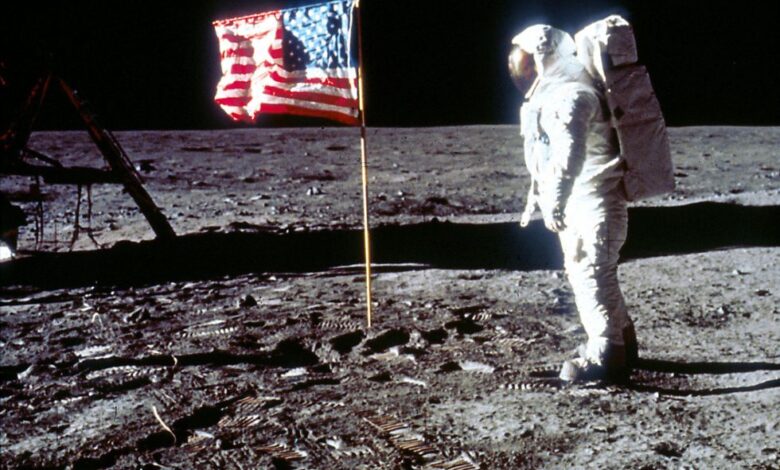
1
January 1: A Day for Political Upheaval
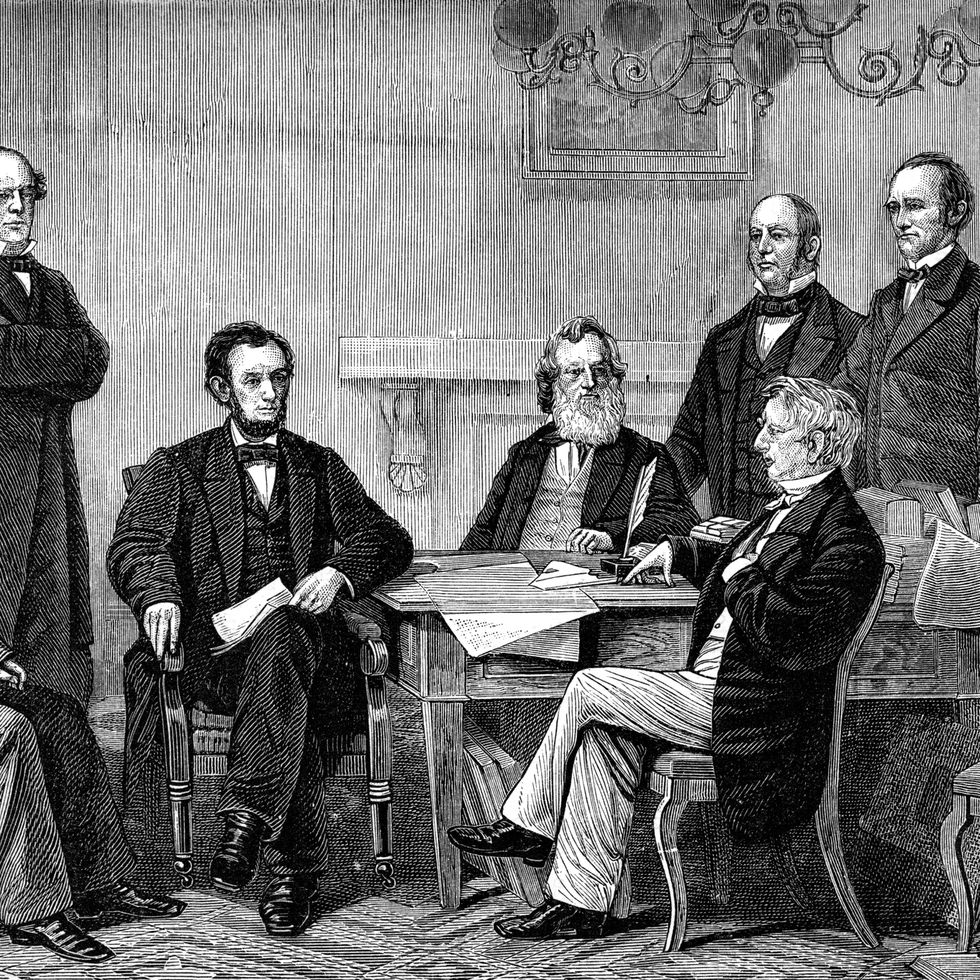
New year, new … nation? On January 1, 1863, President Abraham Lincoln signed the Emancipation Proclamation, freeing all enslaved people in the rebellious states amidst the third year of the Civil War.
Ninety-six years later, in 1959, massive political change came to Cuba, when Fidel Castro forced dictator Fulgencio Batista out of the country.
And in a more peaceful form of change, January 1, 2002, marks the day the Euro was introduced into public circulation, paving the way for a unified currency that would eventually be adopted by 19 European countries.
2
January 20: A Day for Landmark Inaugurations

Sure, in some sense, every inauguration is technically historic. But January 20 saw two very momentous inaugurations, albeit for two very different reasons.
In 1981, President Ronald Reagan’s inauguration was marked with something a little more important than a party at the White House: the release of the 52 Americans who had been held hostage in Iran for 444 days (though some have suggested that the timing may have been intentional).
Exactly 40 years later, Vice President Kamala Harris made history at her inauguration, becoming, as This Day in History for Kids notes, “the first female, first Black woman, and first Asian American person to hold the office of the VP in the United States.”
3
January 29: A Day for Crowd-Pleasers

Did you join the throngs who rushed to cinemas to catch the premiere of Black Panther on January 29, 2018? If you sat in that theater feeling the buzz of excitement, you shared an experience similar to audiences 423 years earlier, who felt the same sense of anticipation for another landmark work of art.
Except, instead of the MCU, they were there to see the latest installment of the WSF: the William Shakespeare Folio. That’s because, even though it would take another two years to be officially published, it was on January 29, 1595 that Romeo & Juliet is believed to have had its first performance.
Advertisement – Continue Reading Below
4
February 4: A Day for Visionary Debuts
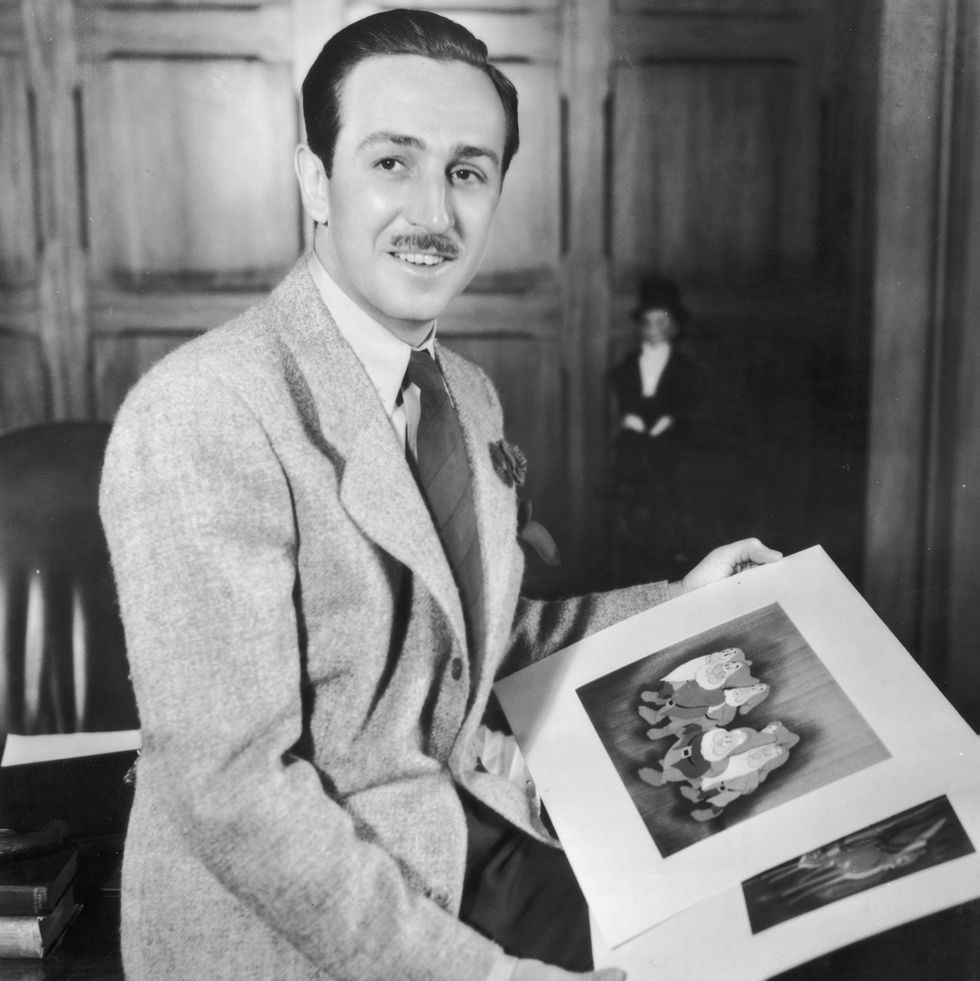
Stop us if you’ve heard this one before: One man had a vision for a product he felt could change the world, and everybody around him (except the people who worked for him and didn’t get enough credit) laughed at it. But he stuck to his dream, and proved them all wrong. He turned his idea into a small company, which became a globally dominant force, and it had seismic impacts on world history.
Yes, that’s happened a lot, but would you believe it happened twice on the very same day? On February 4, 1938, Walt Disney silenced the doubters by debuting the first American animated feature film, Snow White and the Seven Dwarfs, which briefly became the highest grossing film of all time.
Meanwhile, on February 4, 2004, Mark Zuckerberg launched a little social media website from his Harvard dorm room. That website, Facebook, would end up attracting billions of users, and with that, billions of dollars for its company, now known as Meta.
5
February 8: A Day for Scientific Breakthroughs
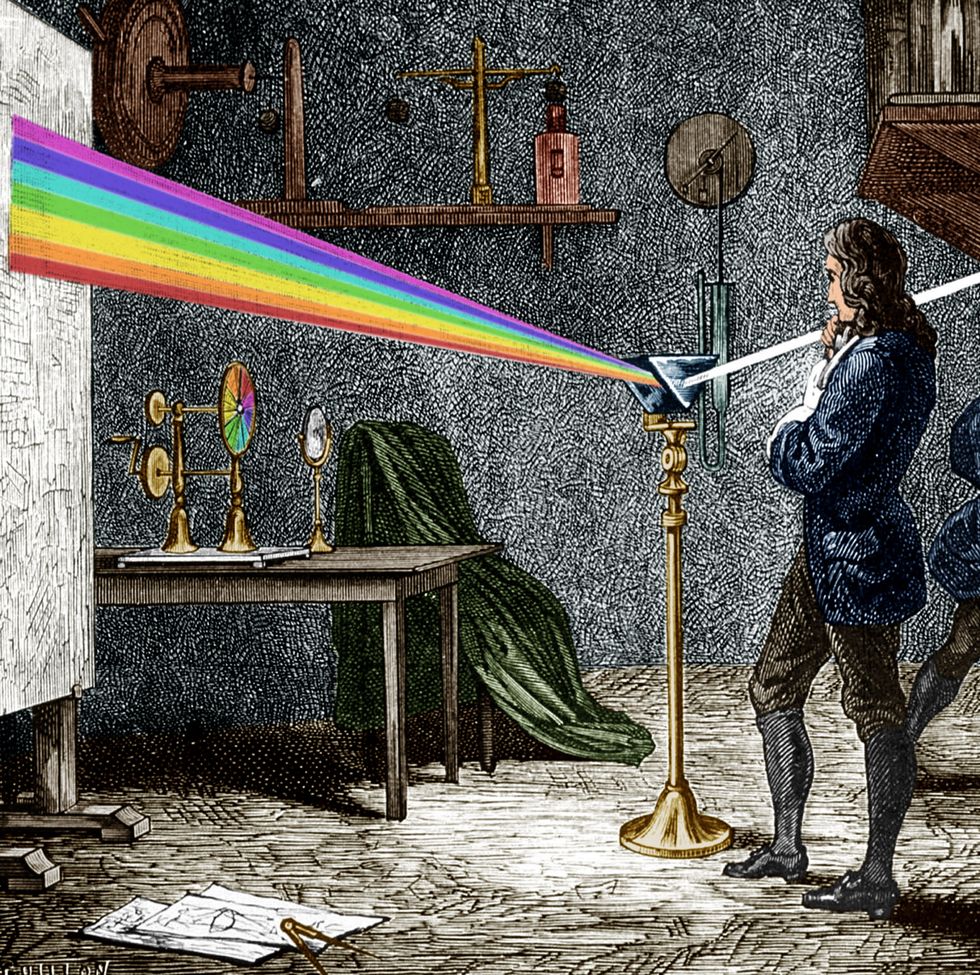
On February 8, nearly 200 years apart, two groundbreaking scientific papers were unveiled that dramatically reshaped our comprehension of the world.
First, in 1672, Isaac Newton presented a paper that demonstrated how sunlight, when passing through a prism, showed itself to be made of seven different colors: red, orange, yellow, green, blue, indigo, and violet.
Later, in 1865, Gregor Mendel presented his paper, “Experiments in Plant Hybridization,” which demonstrated his discovery of dominant and recessive genes.
6
February 15: A Day for Wartime Rallying
![]()
On February 15, 1898, the USS Maine sank in Havana Harbor, and “Remember the Maine!” became a rallying cry as the U.S. entered the Spanish-American War.
Forty-five years later, on February 15, 1943, the famous “We Can Do It!” poster featuring Rosie the Riveter encouraged women to take up jobs in the defense industry during World War II.
Advertisement – Continue Reading Below
7
March 11: A Day of Ecological Devastation

On three distinct occasions, March 11 has served as a stark reminder of Earth’s fragility and the precariousness of its diverse inhabitants.
In 1967, marking a pivotal moment for conservation, the U.S. Fish and Wildlife Service released its inaugural list of endangered species. This roster safeguarded emblematic creatures like the bald eagle, red wolf, grizzly bear, American alligator, and manatee from the threat of hunting and habitat destruction.
In 2011, an earthquake in the Pacific Ocean caused a 128-foot-tall tsunami, which struck the Japanese island on Honshu and claimed 18,000 lives. It would also destroy the Fukushima power plant, forcing 150,000 to evacuate their homes for fear of leaked radiation.
And of course, in 2020, March 11 was the day the World Health Organization officially declared COVID-19 a pandemic, one whose list of victims continues to grow each day.
8
March 25: A Day of Galvanizing Events
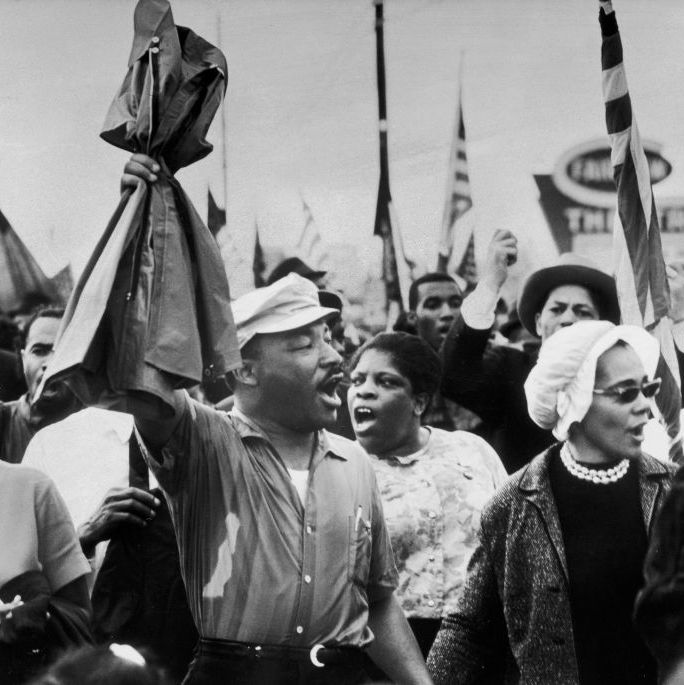
Historic moments aren’t just unprecedented achievements, but also sobering instances that prompt a collective resolve to prevent them from ever happening again.
That was the case on March 25, 1911, when a horrendous fire at the Triangle Shirtwaist Company factory in New York City claimed the lives of 145 workers and galvanized the public to demand labor reforms and safety laws to protect vulnerable workers.
Then, on March 25, 1965, Martin Luther King Jr. completed his march from Selma to Montgomery with 3,200 civil rights demonstrators. Many TV viewers were horrified by the images of police attacking King and his peaceful protestors with billy clubs and firehoses, and their outrage, paired with King’s activism, galvanized the nation toward the passage of the Voting Rights Act.
9
April 3: A Day That Changed Communication
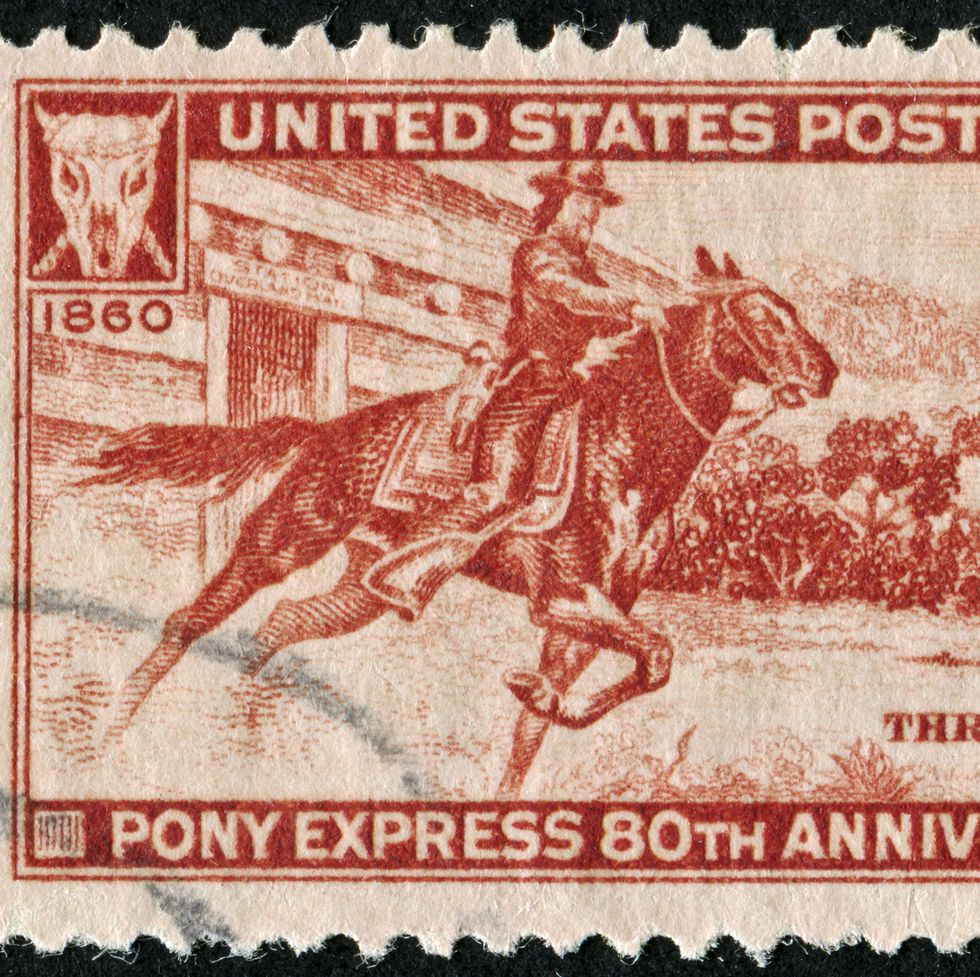
These days, we communicate by video calls, texting, and meeting up in virtual spaces. What breakthroughs in communication technology await us around the corner?
Whatever they are, we’ll probably find out on April 3.
After all, in 1860, that’s when we saw the first ride of the Pony Express, America’s transcontinental express mail system that carried communique from Missouri to California and back.
And on April 3, 1973 in New York City, Motorola employee Martin Cooper made the first cell phone call in history.
Advertisement – Continue Reading Below
10
April 7: A Day for Inventions (That You Didn’t Know Have Been Around That Long)
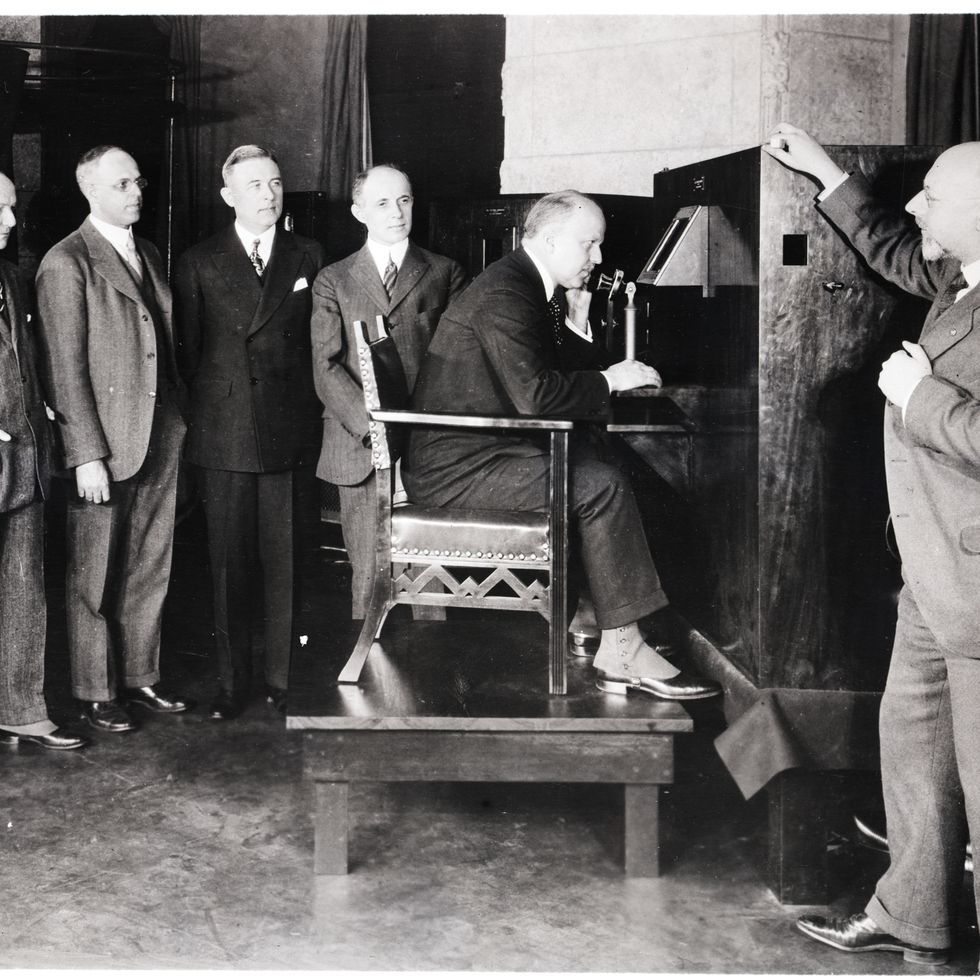
Did you ever find out a technology has been around a lot longer than you had realized? April 7 marks the anniversary of not one, but three such inventive milestones, each older than you might expect.
April 7, 1913? Inventor Fred Wolf patented the first refrigerator for the home.
April 7, 1927? AT&T demonstrated a video telephone call, when the then-Commerce Secretary made a video call from Washington D.C. to an audience in New York City. (That Commerce Secretary? Future president Herbert Hoover.)
April 7, 1969? The first Request for Comments was posted, marking the “Internet’s symbolic birthday.”
11
April 10: A Day for Defending Our Planet
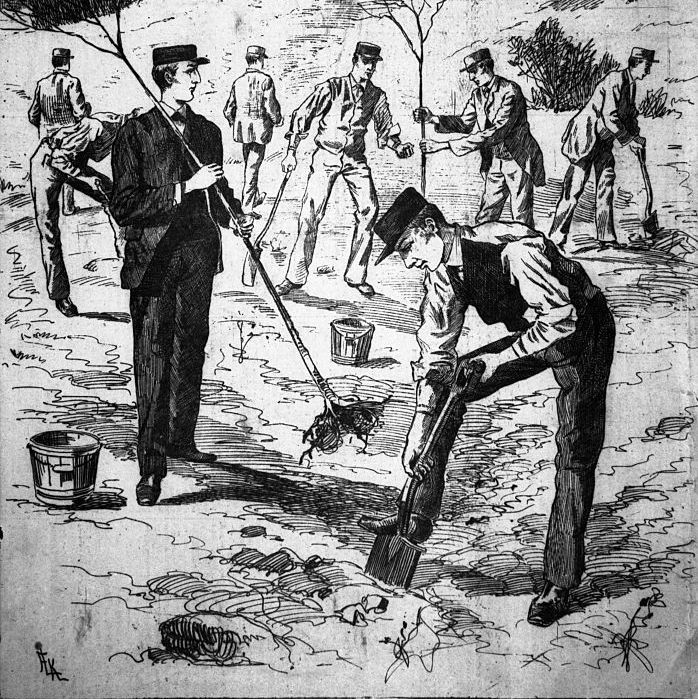
In the second half of the 1800s, a newfound environmental consciousness took root among Americans, who, fresh from the struggle to maintain their nation’s unity, began turning their attention to conserving the natural beauty and diversity of the country’s wildlife and landscapes.
On April 10, 1866 (less than a year after the end of the Civil War), the ASPCA formed in New York City to advocate for better treatment of animals. Only a few years later, on April 10, 1872, J. Sterling Morton encouraged Nebraskans to plant trees to encourage national greenery. It was the very first Arbor Day.
12
April 18: A Day of American Legends
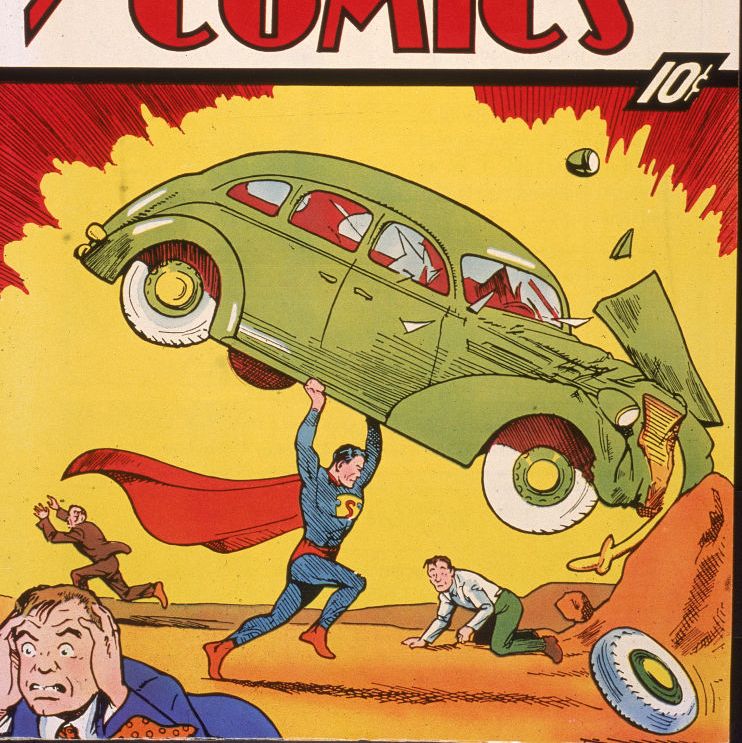
As a fairly young nation, America didn’t inherit any millennia-old traditions of gods and mythological warriors. But we worked really fast to develop our own pantheon of folk heroes.
Any student of history, or any fan of a certain poem by Henry Wadsworth Longfellow, knows that April 18, 1775 was the night Paul Revere went from simple silversmith to the stuff of legend, with his famous Midnight Ride.
By 1938, the stories of historic war heroes and patriots of centuries past had become a bit played out for young readers. That’s why on April 18, 1938, Action Comics introduced a new kind of hero to represent “truth, justice, and the American way”: Superman.
Advertisement – Continue Reading Below
13
April 23: A Day for DIY Entertainment

On April 23rd, 1976, four kids in leather jackets from Forest Hills, Queens released their debut album, the self-titled Ramones. At a time where the radio was filled with the polished pop-disco hits of Rod Stewart and The Bee-Gees, a scrappy album of two-minute songs (made for less than $7,000!) changed the music industry and helped the punk rock movement explode across the world.
April 23 is also the birthday of YouTube. The online video platform that allows anyone with an idea and a webcam to circumvent the studios and TV stations began on this day in 2005, with the very first video upload, “Me at the Zoo.”
14
April 25: A Day to Watch the Skies

When April 25 rolls around, be sure to turn your eyes upward. The next great (or terrible) human innovation could be happening right above you.
On April 25, 1944, Lt. Carter Harman flew a YB-4B helicopter to rescue four soldiers who had been stranded in Japanese territory, which was the first time a helicopter had ever been used in combat. (Lt. Harman would also go on to become an accomplished composer and music critic!)
Forty-six years later, humanity set its sights even higher, as the Hubble Space Telescope deployed on April 25, 1990.
15
April 28: A Day for Remarkable Voyages
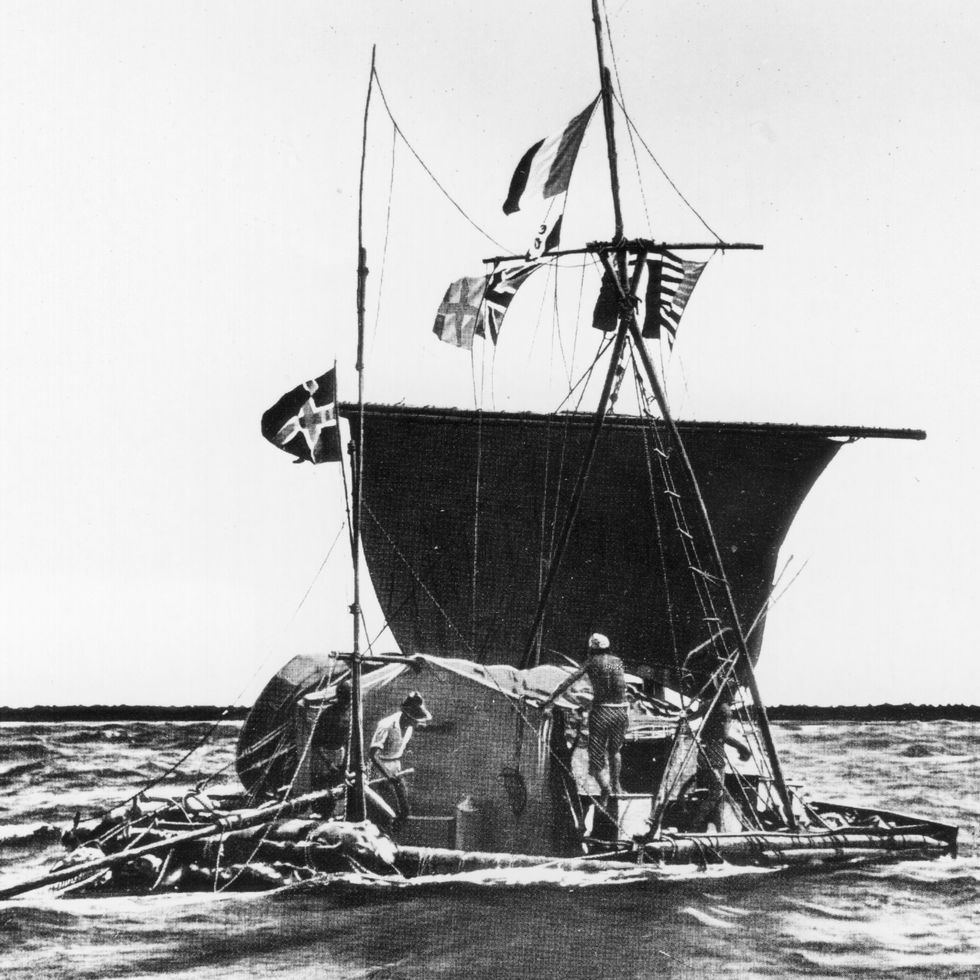
On April 28, 1947, Thor Heyerdahl and his crew boarded their Kon-Tiki raft in Peru. They travelled to Polynesia to try to prove Heyerdahl’s hypothesis that ancient South Americans had done the same, and were therefore the origin of the region’s population. DNA evidence has subsequently proved his theory not totally correct, but there’s no denying what they achieved with their legendary raft.
Skip ahead to April 28, 2001, and millionaire Dennis Tito had his very own space odyssey. He took a $20 million dollar trip up to the International Space Station, making him Earth’s first space tourist.
Advertisement – Continue Reading Below
16
May 1: A Day of Childhood Heroes

If your childhood was filled with the vibrant worlds of animation and vivid panels of superheroes, May 1 is a landmark date worth celebrating, as it marks the introduction of three iconic figures who have captivated generations of fans.
May 1, 1962 ushered in a new era of storytelling with the first appearance of The Incredible Hulk in his eponymous comic book series. Interestingly, the Hulk’s original iteration was a far cry from his familiar green; he bore a grey hue and emerged only under the cover of night instead.
May 1, 1984 saw Kevin Eastman and Peter Laird debut their independently produced comic book about four reptiles with awesome skills, the Teenage Mutant Ninja Turtles! Of course, when they debuted, they were much darker and more violent than the fun-loving dudes we know them as today.
And on May 1, 1999, America met SpongeBob SquarePants when his first episode premiered on Nickelodeon. And he was exactly the jolly burger-flipper we know him as today.
17
May 8: A Day of Victory
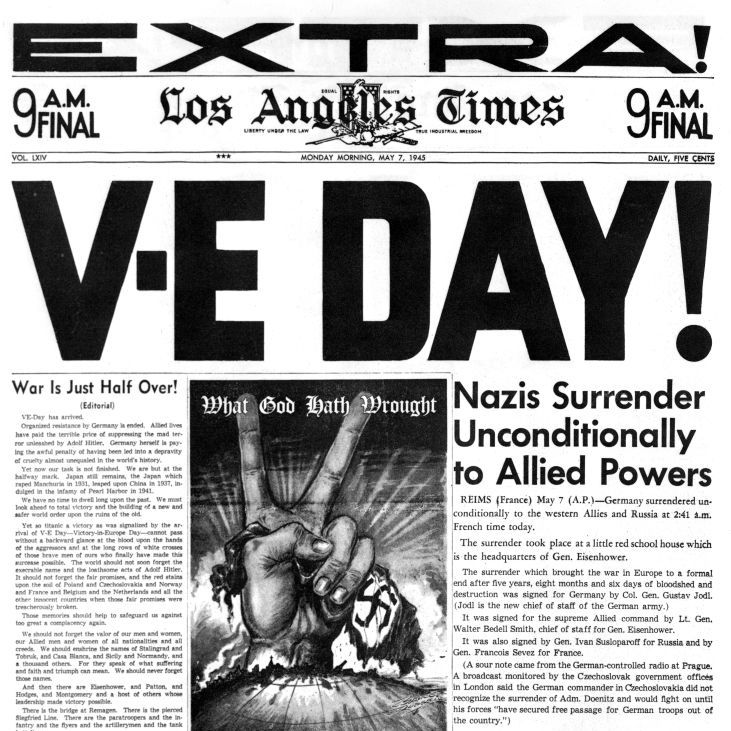
It’s wins all around on May 8. History buffs already know that May 8, 1945 is known as VE Day, short for Victory in Europe Day, as this was the day Germany surrendered during WWII. Thirty-five years later, in 1980, May 8 marked another victory against a deadly force: The World Health Organization announced that smallpox had been eradicated.
Any chance people celebrated those victories with a Coke? Because Dr. John Smith Pemberton actually invented Coca-Cola on May 8, 1886!
18
May 10: A Day for Innovation in Transportation
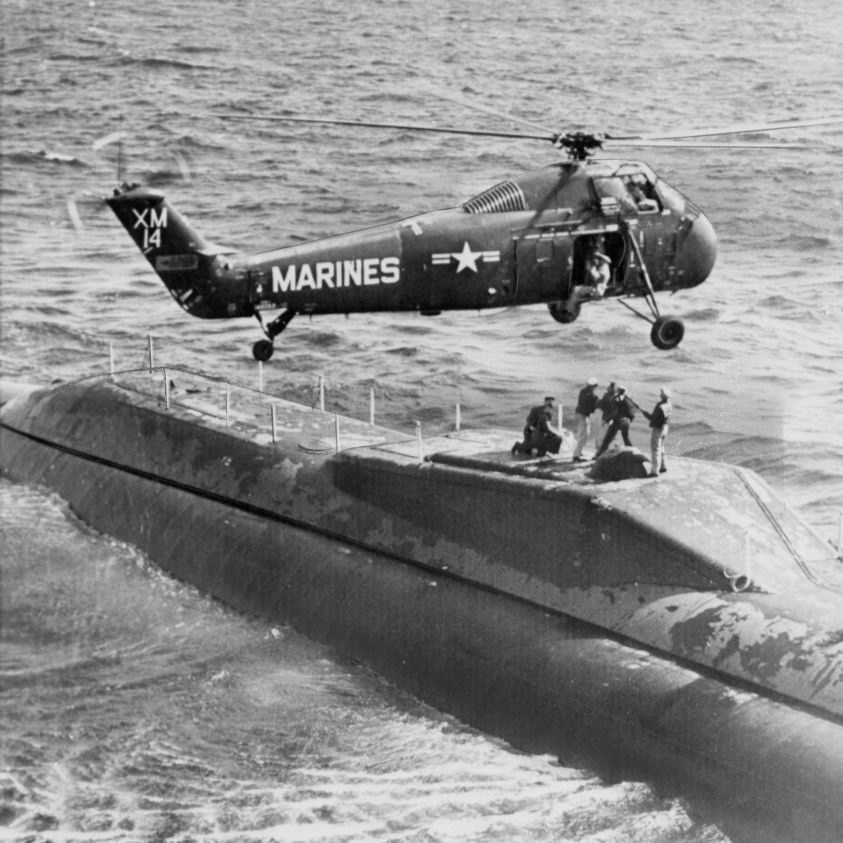
On May 10, 1869, the heads of the Union Pacific and Central Pacific railroads met to drive in the final spike of the transcontinental railroad. The so-called Golden Spike was driven in in Promontory, Utah.
Ninety-one years later, on May 10, 1960, the atomic submarine USS Triton made the first fully submerged trip around the world. It stayed underwater for 61 straight days!
Advertisement – Continue Reading Below
19
May 15: A Day for Civil Rights

On May 15, 1869, the National Woman Suffrage Association was founded. Famed activist Susan B. Anthony assumed the pivotal role of the organization’s first president, leading the charge to enshrine women’s voting rights in the fabric of the nation.
More than a century later, on May 15, 2008, in a landmark case, the California Supreme Court ruled in favor of same-sex marriage, allowing LGBTQ+ couples the same rights as heterosexual couples.
20
May 21: A Day for Game-Changing Aviation
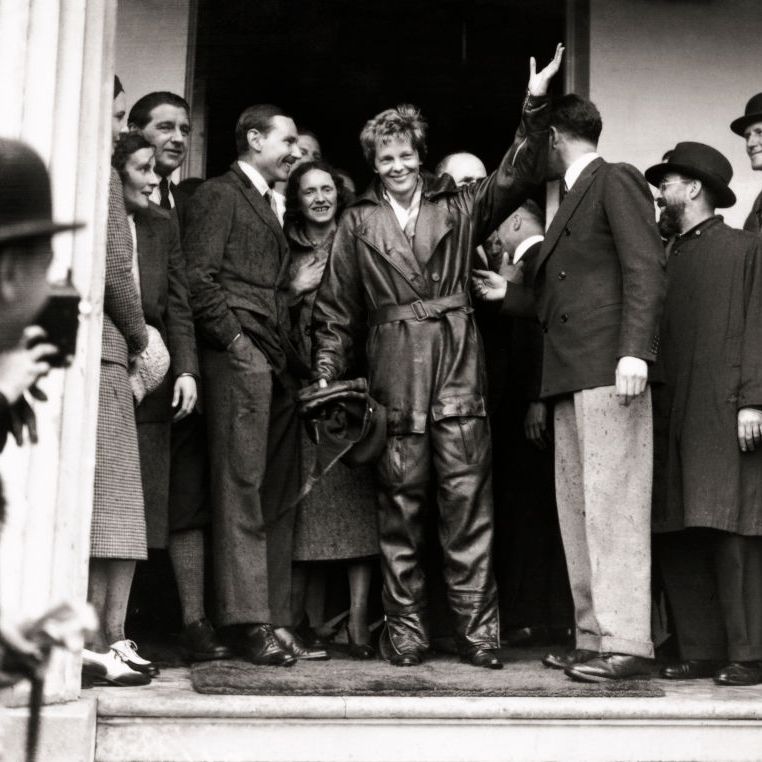
In 1927, this was the day that Charles Lindbergh landed his plane, The Spirit of St. Louis, in Paris, France. His 33.5-hour flight began on Long Island, New York, making him the first person to ever fly solo across the Atlantic Ocean.
Precisely five years later, on the very same date, aviation history was made once again with the completion of the second solo transatlantic flight. Charting a unique course from Newfoundland to Northern Ireland, Amelia Earhart fearlessly piloted her way into the record books, becoming the first woman to achieve such a monumental solo journey across the Atlantic.
Michael Natale is the news editor for Best Products, covering a wide range of topics like gifting, lifestyle, pop culture, and more. He has covered pop culture and commerce professionally for over a decade. His past journalistic writing can be found on sites such as Yahoo! and Comic Book Resources, his podcast appearances can be found wherever you get your podcasts, and his fiction can’t be found anywhere, because it’s not particularly good.



